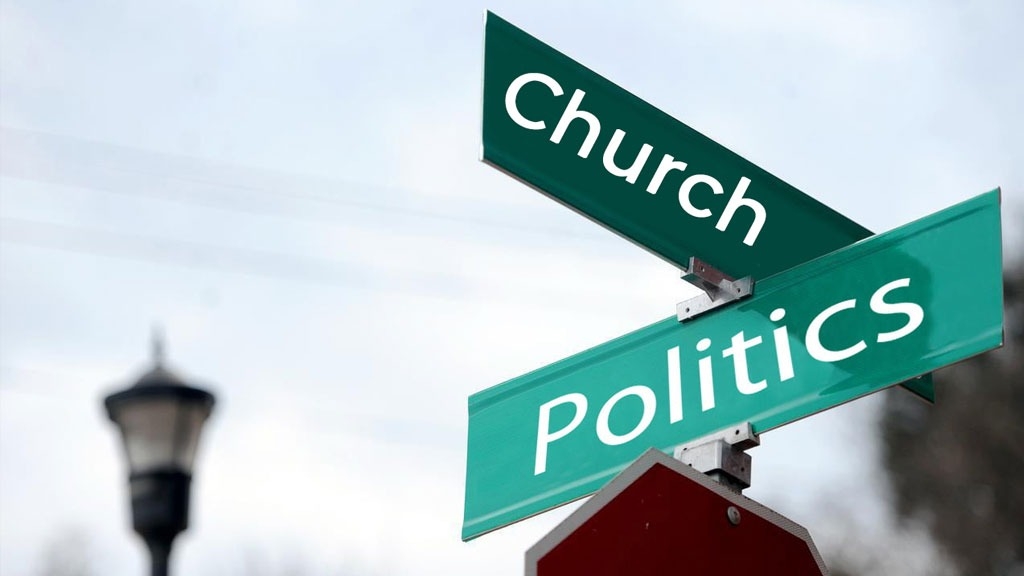It's Sunday morning, and the tension is palpable in many church pews across America. Political divisions have crept into our sacred spaces, sometimes turning brother against brother, sister against sister. How do we navigate this challenging landscape while maintaining both our faith and our relationships? This question becomes increasingly urgent as political polarization continues to affect even our closest communities.
The truth is, Jesus wasn't a stranger to political tension. He lived in an occupied territory, dealt with competing religious factions, and faced questions about taxes and government authority. Yet His response wasn't to choose a political side, but to point people toward God's kingdom. When pressed about Roman taxes, He redirected the conversation to deeper spiritual truths. When confronted by zealots hoping for political revolution, He spoke instead about spiritual transformation.
This doesn't mean Christians shouldn't engage in politics – we're called to be salt and light in every sphere of life. But it does mean we need to examine how we engage. Are we leading with love or with anger? Are we listening to understand or just waiting to respond? Are we remembering that our ultimate citizenship is in heaven? These questions should shape how we approach political discussions within our faith communities.
The challenge often lies not in our political convictions themselves, but in how we express and defend them. Many Christians find themselves struggling to balance their passionate beliefs about justice and governance with the biblical mandate to maintain unity in the body of Christ. This tension can be particularly acute during election seasons or when controversial legislation dominates the news cycle.
Consider this: What if we approached political differences within the church as opportunities for growth rather than battle lines? What if we practiced the art of curious questioning instead of defensive arguing? "Help me understand why this matters so much to you" can open more doors than "Here's why you're wrong." This approach requires humility and a willingness to acknowledge that no political party perfectly represents God's kingdom.
The early church included both tax collectors and zealots – people from opposite ends of the political spectrum. Yet they found unity in Christ. Maybe that's our model for today: unity not in political opinion, but in our shared devotion to Jesus. This unity doesn't require us to abandon our convictions, but it does call us to hold them with grace and humility.
Practical steps toward healing political divisions in churches might include creating safe spaces for respectful dialogue, establishing ground rules for political discussions in church settings, and intentionally building relationships across political divides. Some churches have found success with structured conversation groups where members can share their perspectives while practicing active listening.
It's also crucial to remember that political differences often stem from deeply held values and personal experiences. When someone holds a different political view, it's rarely because they're uninformed or uncaring – they may simply be prioritizing different aspects of complex issues. Understanding this can help us extend grace even when we disagree.
Church leaders play a vital role in modeling how to navigate political differences. They can demonstrate how to address contemporary issues through a biblical lens while maintaining love and respect for those who reach different conclusions. This might mean acknowledging the complexity of issues rather than offering oversimplified answers.
As we move forward in these divided times, perhaps our greatest witness to the world will be how we love each other despite our political differences. When we can disagree politically while maintaining spiritual unity, we demonstrate the transformative power of the gospel. After all, Jesus's prayer was not that we would all vote the same way, but that we would be one as He and the Father are one.




Comments